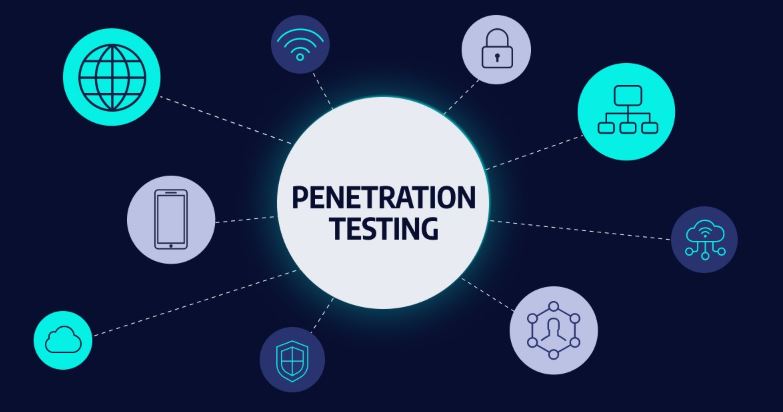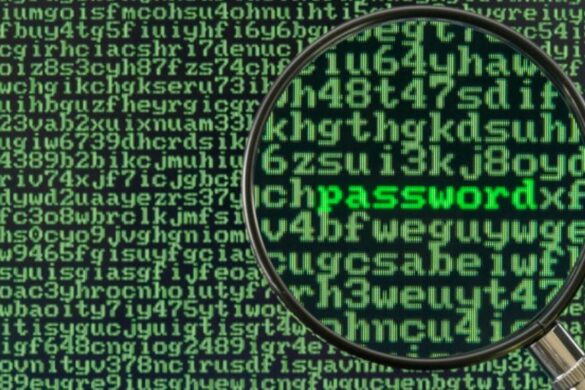What Is Penetration Testing?
Penetration testing, often called pen testing, is the practice of simulating cyberattacks on computer systems, networks, or applications to identify vulnerabilities before malicious hackers exploit them. Pen testers play a critical role in strengthening organizational defenses and ensuring compliance with security standards.
Why Choose a Career in Penetration Testing?
High Demand
Organizations across finance, healthcare, and government need skilled pen testers to prevent data breaches.
Attractive Salaries
Pen testers often earn competitive salaries due to the specialized skills required.
Challenging and Rewarding Work
Every day brings new puzzles, exploits, and learning opportunities.
Gateway to Cybersecurity Leadership
Experience in penetration testing opens doors to advanced roles such as security consultant, red team leader, or CISO.
Skills You Need to Become a Penetration Tester
Networking Knowledge
- Understand TCP/IP, DNS, firewalls, and routing.
Operating System Proficiency
- Strong knowledge of Linux and Windows internals.
Programming and Scripting
- Languages like Python, Bash, and C/C++ for automation and exploit development.
Cybersecurity Fundamentals
- Encryption, authentication, malware analysis, and vulnerability management.
Analytical and Problem-Solving Skills
- Ability to think like an attacker while maintaining a defensive mindset.
Step-by-Step Guide: How to Start a Career in Penetration Testing
Step 1: Build a Strong IT Foundation
- Gain knowledge in networking, operating systems, and basic security principles.
- Start with certifications like CompTIA Network+ or CompTIA Security+.
Step 2: Learn Ethical Hacking Basics
- Explore common attack vectors: SQL injection, XSS, password cracking.
- Use beginner-friendly labs like TryHackMe or Hack The Box.
Step 3: Master Essential Tools
- Nmap: Network scanning.
- Metasploit: Exploitation framework.
- Burp Suite: Web application testing.
- Wireshark: Network traffic analysis.
Step 4: Earn Industry Certifications
- CEH (Certified Ethical Hacker) – for broad ethical hacking skills.
- OSCP (Offensive Security Certified Professional) – hands-on, highly respected in the field.
- GPEN (GIAC Penetration Tester) – advanced penetration testing certification.
Step 5: Get Practical Experience
- Participate in Capture the Flag (CTF) competitions.
- Contribute to open-source security projects.
- Apply for internships in cybersecurity or IT security roles.
Step 6: Build a Portfolio
- Document pen test projects, write-ups, or vulnerability reports.
- Showcase labs and case studies on GitHub or personal blogs.
Step 7: Apply for Entry-Level Jobs
- Look for roles such as Junior Penetration Tester, Security Analyst, or Vulnerability Assessor.
- Network with professionals through LinkedIn and cybersecurity communities.
Common Career Paths in Penetration Testing
Red Team Specialist
Focuses on offensive security, simulating advanced cyberattacks.
Security Consultant
Advises businesses on securing their networks and applications.
Bug Bounty Hunter
Finds vulnerabilities in real-world systems for rewards.
Security Researcher
Develops exploits and studies emerging threats.
Tips for Success in Penetration Testing
- Stay Curious: Continuously learn about new vulnerabilities and tools.
- Practice Regularly: Build your skills in safe environments.
- Engage in the Community: Attend conferences, follow blogs, and join ethical hacking forums.
- Think Like an Attacker: Approach problems creatively to uncover hidden flaws.
Conclusion: Building Your Future as a Pen Tester
If you’re wondering how to start a career in penetration testing, the path begins with mastering IT fundamentals, learning ethical hacking, practicing with tools, and earning certifications. With hands-on experience, persistence, and curiosity, you can join the ranks of cybersecurity professionals safeguarding organizations from real-world threats.
Penetration testing isn’t just a career—it’s a mission to make the digital world safer.





